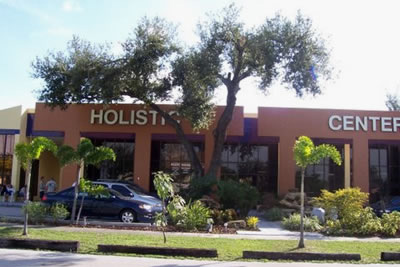Opioid Prevention Efforts in Manchester and New Hampshire Rehab Centers Keep Fentanyl, Heroin Off Local Streets

Manchester was recently chosen by the DEA to participate in a new prevention program intended to fight opioid addiction in the community. The program, called “360 Degree Strategy,” is an effort to keep heroin, fentanyl, and other painkillers off the streets using prevention, education, and addiction treatments at New Hampshire rehab centers. The DEA chose to launch the program in Manchester given how the city has already been taking steps to proactively tackle opioid abuse.
If you have a problem with heroin or opioid use and need help quitting, call our 24/7 confidential helpline at 888-414-2380 to learn about your treatment options. One of our caring addiction specialists will connect you with local rehab centers that can help you overcome opioid dependency and addiction.
Using the DEA’s Strategy to Fight Opioid Abuse

The 360 degree strategy works with local law enforcement to reduce drug trafficking in New Hampshire.
Michael Ferguson, the DEA special agent in charge of the New England field division, says that the 360 Degree Strategy recognizes that more community members in addition to law enforcement must tackle the opioid crisis. Ferguson adds that drug education and prevention is especially important for children since deadly, potent opioids like fentanyl and carfentanil often offer no second chances for recovery. The 360 Degree Strategy program was introduced to the Manchester community at its local Boys and Girls Club, and is the first program of its kind to be implemented in New England following the footsteps of cities including Pittsburgh, St. Louis, and Louisville.
Nick Willard, Manchester Police Chief, says his city has a supportive community when it comes to tackling opioid abuse, and that the DEA’s program will enhance the city’s existing prevention efforts. The 360 Degree Strategy involves coordinating law enforcement at all levels of drug trafficking, increasing awareness of prescription drug abuse, and improving community outreach efforts by partnering with schools to educate youth on substance abuse.
Jon DeLena, another DEA special agent in charge of New England, says the program will roll out new educational materials for children in schools, since current education materials — such as McGruff the Crime Dog — are outdated and ineffective. Other local groups involved in the opioid prevention effort are the Boys and Girls Club, Manchester law enforcement, the state Attorney General’s Office, and the U.S. Attorney’s Office for the District of New Hampshire.
Treating Opioid Abuse With Addiction Treatment
Manchester residents and those in neighboring communities who struggle with opioid addiction can seek help through the city’s Safe Stations program, or go directly to rehab centers that specialize in opioid dependency. Manchester’s Safe Stations program allows addicts to visit any local fire station, and gain immediate access to medical care, support, and addiction treatment without fear of arrest. Addicts can then work with rehab treatment centers to overcome physical dependency on substances, as well as underlying causes of addiction through counseling and therapy.
Don’t allow opioid addiction to take over your life and increase your risk for an accidental overdose. Call our 24/7 confidential helpline at 888-414-2380 to learn more about New Hampshire rehab centers in your area that treat opioid addiction, and that can help you take back your life and achieve sobriety.
